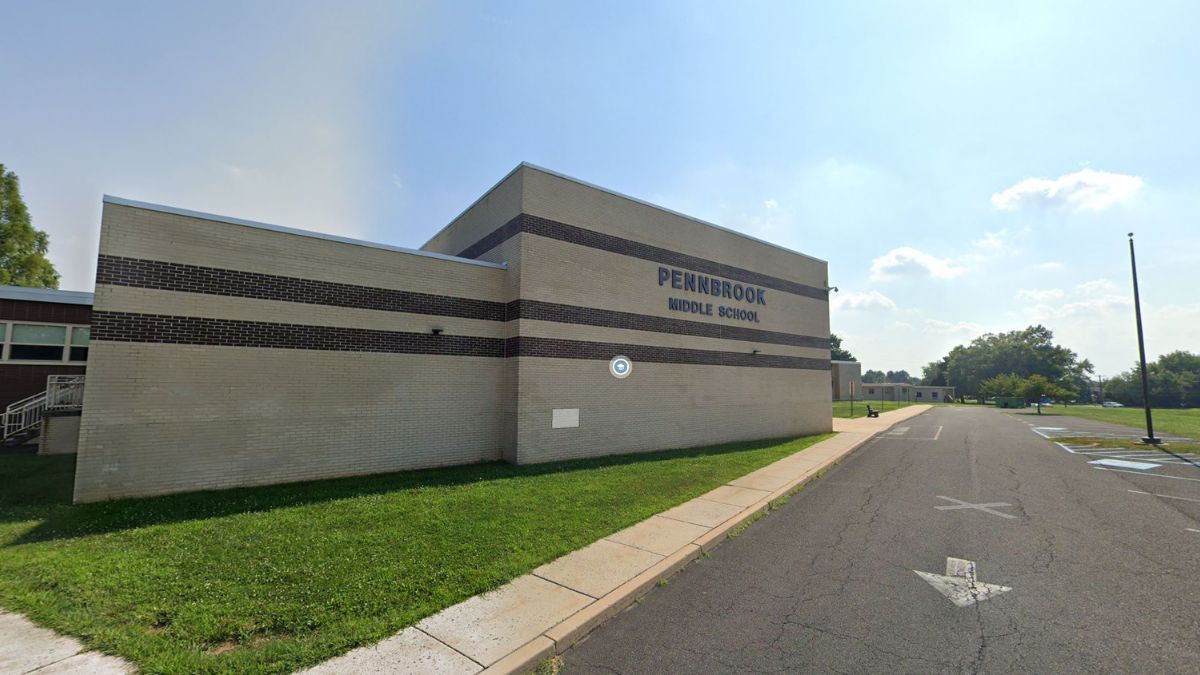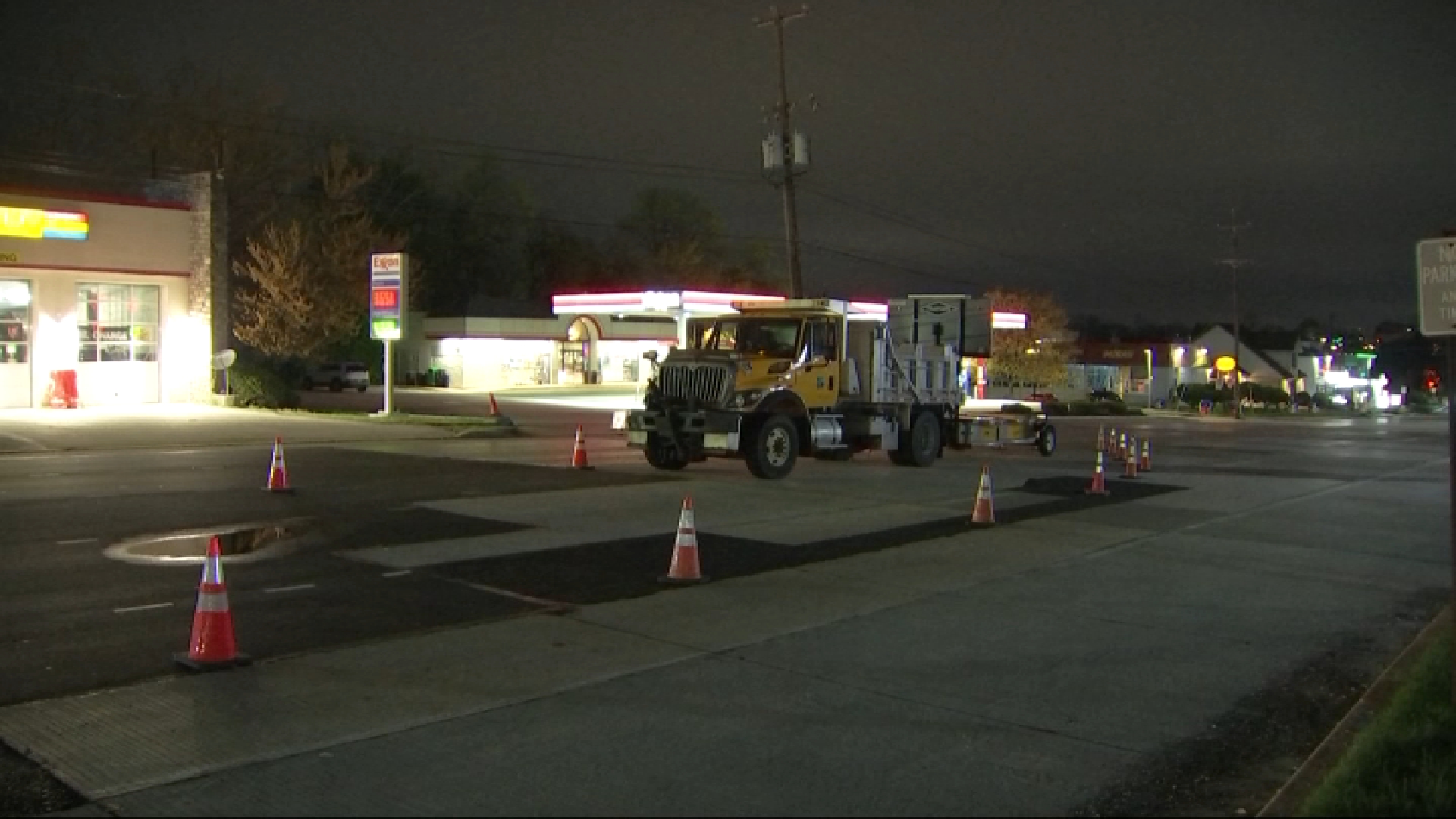The City of Philadelphia is launching an dedicated unit to respond to drug overdoses in the city's Kensington and Fairhill neighborhoods where opioids have long been a scourge.
The unit's addition is part of a $1 million expansion of services aimed at addressing the deadly opioid crisis, city managing director Michael DiBerardinis announced Thursday.
Fire officials will run the overdose response unit, which will respond alongside paramedic units to overdose calls in the neighborhoods, the city says. Medics, social workers and certified recovery specialists will make up the unit's team.
The team will work to help an person gain access to overdose treatment, hand out naloxone (the overdose reversal drug known by the brand Narcan), and provide education, according to the city. They'll also follow up with people they've helped in the past and community leaders.
The unit is expected to launch by mid-summer.
For decades, Kensington and Fairhill have been the epicenter of Philadelphia's open-air illicit drug market.
Drug users often travel from around the region to purchase heroin — some of the strongest in the nation. More than 900 people died from drug overdose in Philly in 2016 and EMS units used naloxone on more than 4,000 people that year alone, health department data shows.
Local
Breaking news and the stories that matter to your neighborhood.
Residents have long complained that they are prisoners in their own homes and that city officials have ignored their cries for help.
The Kenney Administration began taking steps to address homeowner's claims earlier this year by making street improvements like new lighting, cleaning up tons of trash and debris, boarding up abandoned homes, and, most significantly, pushing freight rail operator Conrail to fence in a train trench that slices through the neighborhood.
The trench, notoriously known as The Tracks, was long a place were the addicted climbed into to buy and use drugs, as well as live. A homeless encampment near the 2nd Street bridge played host to dozens of people.
NBC10 spent weeks visiting The Tracks to speak with people suffering from opioid addiction as part of the national Emmy and Murrow award-winning series, Generation Addicted.
The city helped dozens of people get into drug treatment programs and housing when the trench was sealed over the summer. But a new encampment, dubbed Emerald City, quickly cropped up a few blocks away at an underpass along Emerald Street leaving residents frustrated.
Mayor Jim Kenney told NBC10 earlier this month that he too would be upset if he lived in the neighborhood, but said "there’s only so much you can do in a free society – you can’t just lock people up and lock them away."
Beginning in February, the city will fund a new mobile service that will bring behavioral health officials to Emerald City two to three times a week, the city said. Staff will work to get those living there into drug treatment and other basic services.
The city is also funding 10 additional winter shelter beds at Prevention Point Philadelphia, a vital health care center and needle exchange in the community.
Early next year, behavioral health staff will expand its new "Warm Handoff" program in emergency rooms serving North Philadelphia. Under the program currently operating at Temple University's Episcopal Hospital on Lehigh Avenue, recovery specialists meet with people being treated for drug overdose before they're discharged. The hope is to guide them into treatment at a time when they are most amenable to getting help and avoiding a potentially deadly relapse.
Camden County, New Jersey launched a "warm handoff" program in 2015 — named Operation SAL — and guaranteed a 30-day detox treatment for anyone who took part.
As for neighbors, the city plans to continue offering clean up materials, blue light bulbs and "No Trespassing" signs for use by homeowners to discourage loitering.
Lauren Hitt, Kenney's spokeswoman, said improvement costs are pegged at $1 million — with $481,000 has been set aside for the warm handoff program and $250,000 for the EMS unit. They're being implemented after recommendations put forth in May by a city task force focused on addressing the heroin and opioid epidemic.



